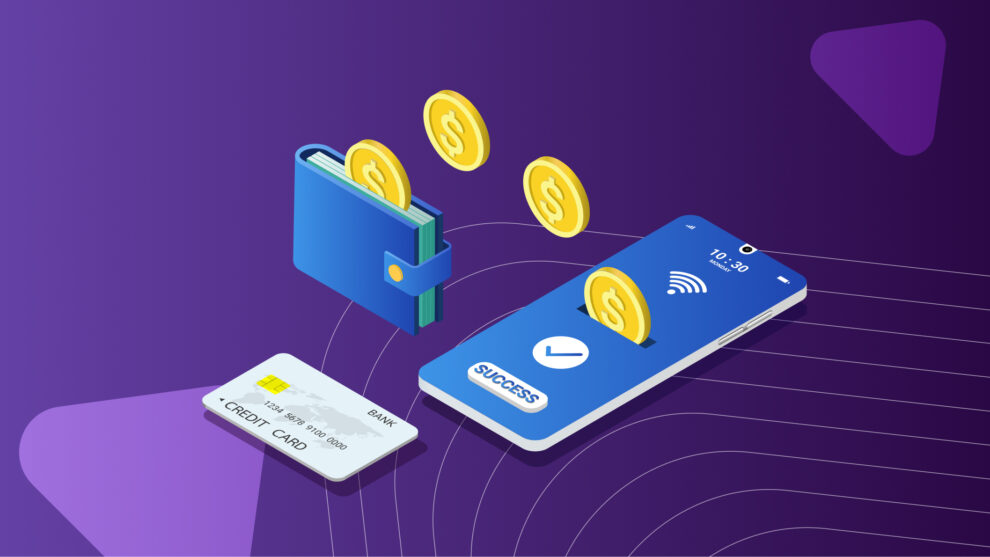Nearly half of U.S. consumers are now actively using digital wallets, marking a significant shift in how Americans handle their daily transactions. However, a new comprehensive study by PYMNTS Intelligence, in partnership with Google Wallet, suggests that while adoption is growing, Americans are barely scratching the surface of what these digital tools can offer.
The research unveils a striking contrast in how digital wallets are being utilized across different markets. While 48% of American consumers have embraced digital wallets for online purchases and 39% for in-store transactions, the adoption of non-financial features remains surprisingly low. This limited scope of use stands in sharp contrast to markets like the United Kingdom, where digital wallets have become integrated into various aspects of daily life.
A particularly telling statistic emerges from the platform-specific analysis, where Apple Wallet users show a unique preference for in-store purchases, with 72% using the platform for physical retail transactions compared to 62% for online shopping. This pattern differs from the general trend across other digital wallet platforms, where online transactions dominate, suggesting that certain platforms may be more successful at encouraging in-person adoption.
The study reveals a significant disparity between the potential and actual use of digital wallets’ advanced features. While these platforms can store everything from boarding passes to hotel keys, merely 4.1% of American consumers utilize these travel-related functions. This stands in stark contrast to the UK, where 21% of consumers regularly use such features. Even more striking is the minimal adoption of digital wallets for event tickets (3.4%) and rewards programs (less than 3%), despite the convenience these features offer.
However, the research uncovers an intriguing paradox: among the small percentage of users who have ventured beyond basic payment functions, satisfaction rates are remarkably high. An impressive 77% of users report high satisfaction with non-transactional features, suggesting that the limited adoption isn’t due to poor user experience but rather to lack of awareness or accessibility.
Looking ahead, identity verification emerges as a promising frontier for digital wallet expansion. The study indicates that 79% of U.S. consumers needed to verify their identity in the past year, primarily for banking transactions. With 41% of consumers anticipating using their digital wallets for identity verification in the coming years, this represents a significant growth opportunity for wallet providers.
The potential for digital wallets to revolutionize identity verification is particularly relevant given that most Americans faced identity verification requirements last year. As more states begin to allow digital storage of driver’s licenses and other forms of identification, digital wallets could become an essential tool for secure and convenient identity verification across various services, from government interactions to age-restricted purchases.
Despite the current limitations in adoption, the high satisfaction rates among users of advanced features suggest a bright future for digital wallet expansion. As awareness grows and more services become available, the technology is positioned to transform from a simple payment tool into a comprehensive digital identity and lifestyle management system.
The study’s findings paint a picture of a technology at a crossroads: while digital wallets have successfully established themselves in the American payment landscape, there remains vast untapped potential in their broader capabilities. As providers work to increase awareness and accessibility of these advanced features, and as more states and institutions embrace digital identification, the next few years could see a significant expansion in how Americans use their digital wallets.
This evolution could mark a significant shift in how Americans manage their daily activities, moving from fragmented physical and digital systems to a more integrated, convenient, and secure digital experience. The key to this transformation will likely lie in educating consumers about the full range of available features while ensuring that the technology remains accessible and user-friendly for all demographics.
















Add Comment